
Blood types – generalfacts
Despite the fact thatsuch people are pretty rare and therefore difficult to find, they arenevertheless considered to be, as well as officially referred to, as theuniversal donors. The main reason behind this is that their blood type hasenabled them to be compatible with all the other blood types. When it comes tothe process of determining the blood type of a person, this is conducted on thegrounds of inherent antigenic substances that are located right on the surfaceof the blood cells – red ones to be more precise. As for the antigensthemselves, it is known that they are of variable nature, meaning that their profilescan range from proteins, carbohydrates and all the way to glycolipids andglycoproteins. According to the form of the above mentioned antigenic substances,the blood type classification is made, thus differentiating between thefollowing ones – A, B, AB, and O. Another important thing is that the blood typeis further more precisely determined according to the “rhesus factor”, an antigenfound also in red blood cells and responsible for determination of whether aperson in question is Rh+ or Rh-.
O negative blood type– basic information
The honored membersof this blood type group can be donors to all other groups mentioned above.One interesting fact is that in the red blood cells of this particular bloodtype you will not find antigens. Another important fact is that, due to the absenceof Rh factor, type O negative is known to be more “sociable” with other types.
Those persons who areof type O negative can without any danger and constraint donate their blood tothe following blood groups – A+, A-, B+, B-, AB+, AB-, O+ and also O-. Unfortunatelythese persons can only be donated the O- blood type. This specific bloodtype has also been, and still is, the number one choice in case there is a needfor an emergency, accidents and baby/infant blood transfusion.
The case scenario inwhich one parent is endowed with type A blood and the other parent with O-blood type, their child will be endowed either with O, or with A blood type,and also with both positive and negative Rhs. In a different case scenario, incase when both parents are of type O, their child will also be endowed with a bloodtype O. When it comes to the Rh, then the possibility is 50/50.



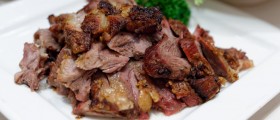
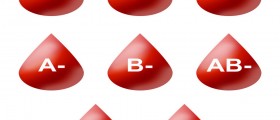
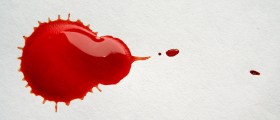

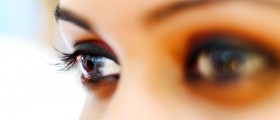
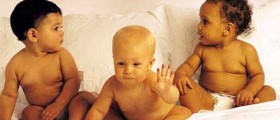
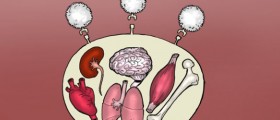

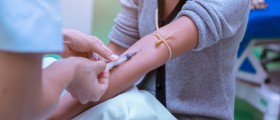
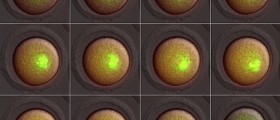
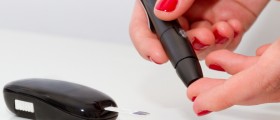


Your thoughts on this
Loading...